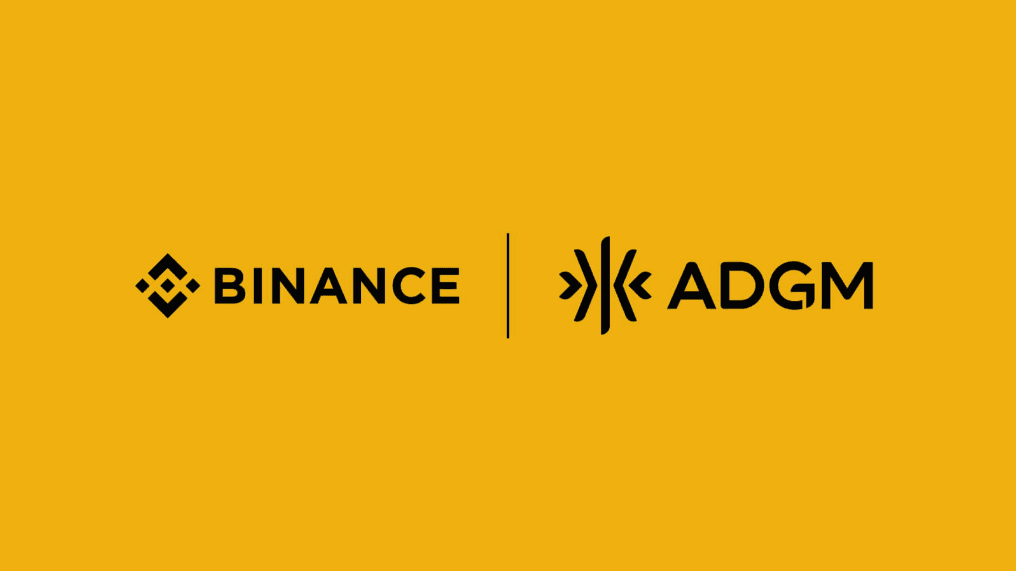Apples Halves Their Commission Rate To 15% For Mini App Developers
Editorial Team
•
Boxo
Apple halves their commission rate to 15% for mini-app developers, marking a monumental shift in the economics of embedded services.
By slashing the usual fee for in-app purchases, Apple is signalling a more favourable market for mini-apps—those self-contained applications built within host platforms that power everything from mobility to payments to travel bookings.
For the broader super-app economy this is important for three reasons:
Lower entry-costs for developers. A reduced fee creates meaningful margin relief, making mini-app development far more attractive than building full standalone apps—especially for smaller teams and early-stage products.
Acceleration of platform ecosystems. Apple’s move legitimises the mini-app model, popularised by WeChat and increasingly adopted by Grab, GCash, LINE, and other regional ecosystems. With Apple now publicly backing the framework, more host platforms may feel confident opening or scaling their own mini-app marketplaces.
Better alignment with embedded finance and multi-service flows. As it becomes easier to monetise inside host environments, developers gain strong incentive to embed services like travel, remittance, loyalty, bill pay, and digital wallets directly into larger app ecosystems rather than maintaining separate channels.
From a GTM perspective—particularly for teams building with platforms like Boxo, which helps companies turn standard apps into super-apps—the timing couldn’t be more favourable. Lower fees reduce deployment friction, making it easier for telcos, fintechs, travel players, and digital banks to spin up new experiences through mini-apps rather than committing to expensive standalone products.
This also shifts the strategic landscape for platform owners. If economics are more favourable, hosting third-party mini-apps becomes a legitimate growth lever: more services increase user stickiness, drive new revenue streams, and expand the platform’s role in users’ daily lives. Apple’s policy change essentially gives the green light for a broader mini-app economy—one where ecosystems grow not through monolithic builds, but through modular, nimble integrations.
Looking forward, we may see a wave of innovation similar to the early days of app stores themselves. Startups and enterprises alike will experiment with lighter, faster-to-launch service modules. Consumers will experience more cohesive journeys as financial, travel, and lifestyle services converge inside a single interface. And companies that adopt early stand to benefit the most from the multi-service engagement curve that super-apps have proven for over a decade.
In short: lower friction, more embedded flows, and a stronger multi-service economy. The super-app era for mini-apps is turning a corner—and being early matters.
Source: https://www.theverge.com/news/820486/apple-mini-app-developers-commission?utm_source=openai
Launch eSIM 10x Faster with Boxo
Leverage Boxo eSIM Miniapp to launch eSIM service within your mobile app. Provide your users with valuable data wherever and whenever they travel – all within your app. Unlock new revenue streams and improve app engagement by empowering your users to do more within your app. Take the leap to turn your app into a Super App by booking a free demo today.
Share this Article
Super App Stories is a once-a-week newsletter offering in-depth analysis on trends and stories about Super Apps all around the world.




